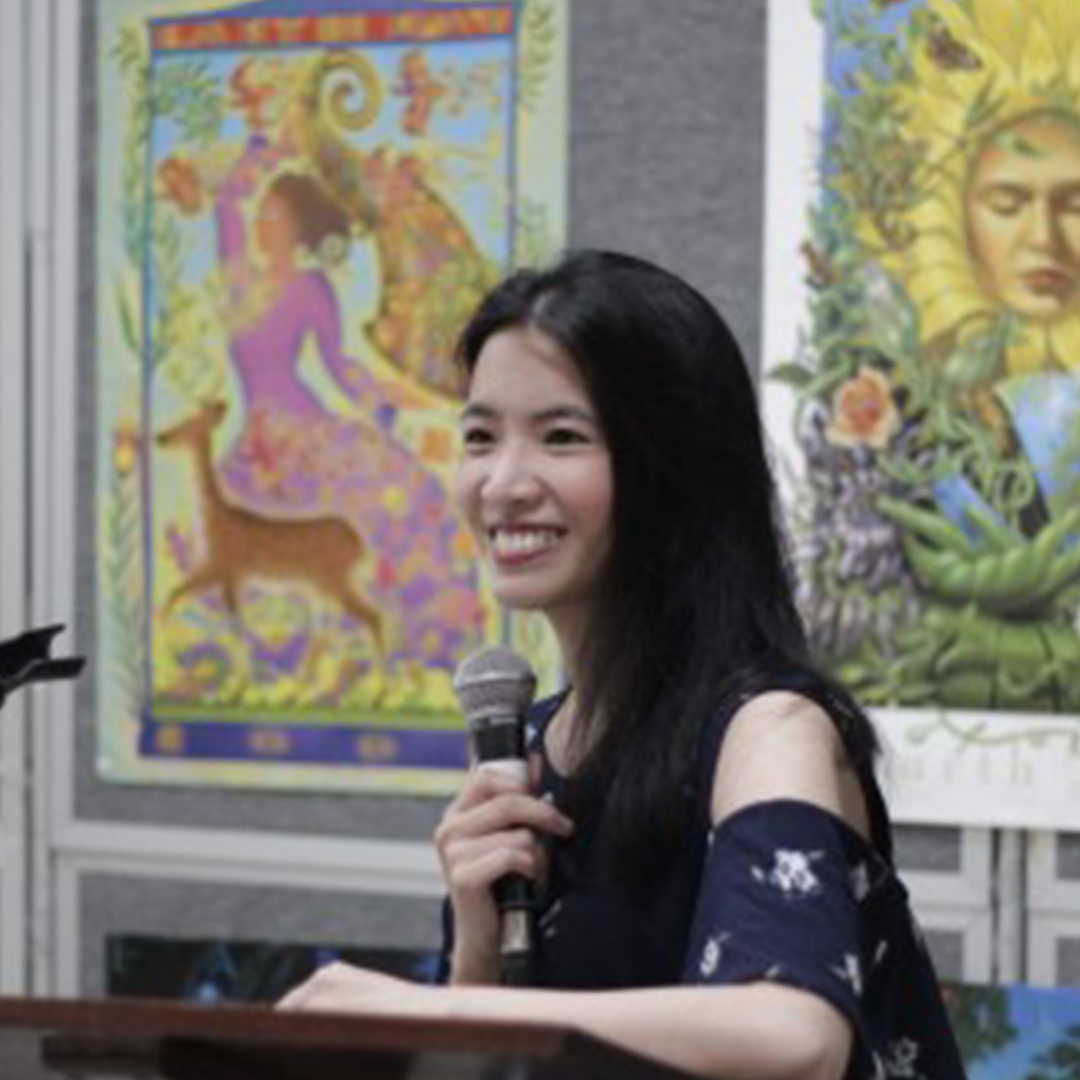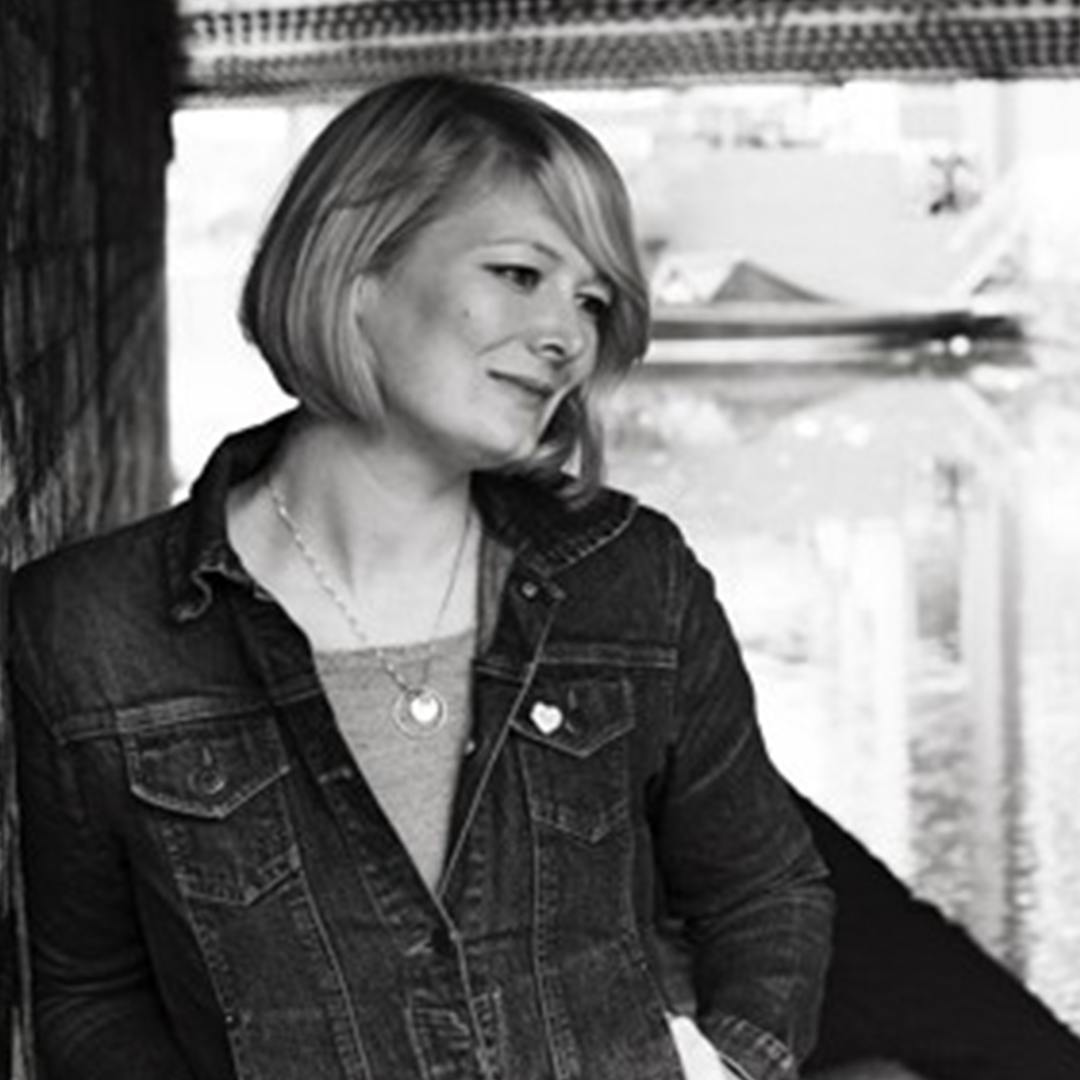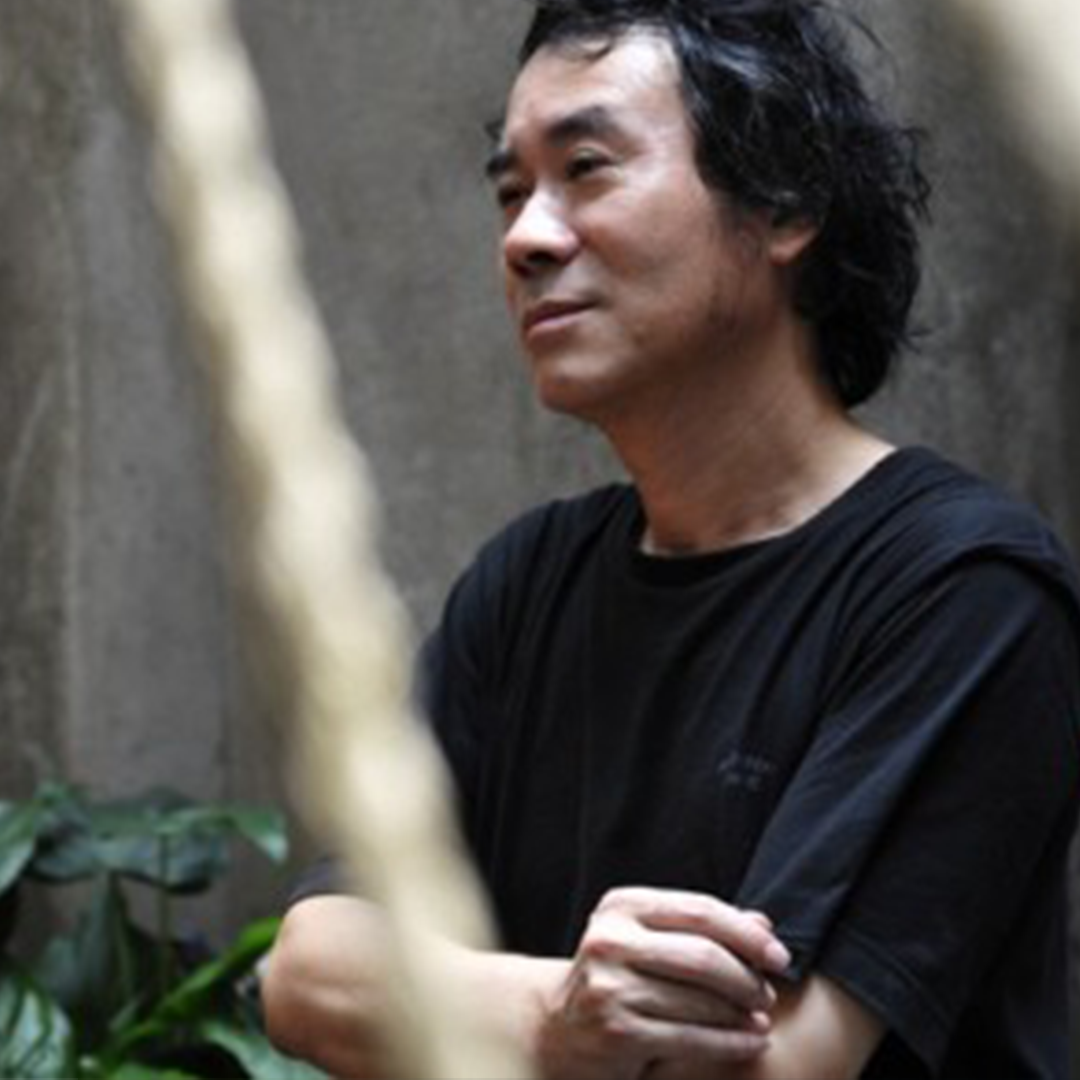The Big Noise
FEATURING

Tammy Lai-ming Ho
Poet

Rob Sears
Writer

Jamie Barton
Opera singer
FEATURING

Poet

Writer

Opera singer

Border forces – how barriers to free thought got tough
[/vc_column_text][/vc_column][/vc_row][vc_row][vc_column][vc_custom_heading text=”Special Report: Border forces: how barriers to free thought got tough”][/vc_column][/vc_row][vc_row][vc_column][vc_column_text]Big brother at the border by Rachael Jolley
Switch off, we’re landing! by Kaya Genç Be prepared that if you visit Turkey online access is restricted
Culture can “challenge” disinformation by Irene Caselli Migrants trying to cross the Mediterranean to Europe are often seen as statistics, but artists are trying to tell stories to change that
Lines of duty by Laura Silvia Battaglia It’s tough for journalists to visit Yemen, our reporter talks about how she does it
Locking the gates by Jan Fox Writers, artists, academics and musicians are self-censoring as they worry about getting visas to go to the USA
Reaching for the off switch by Meera Selva Internet shutdowns are growing as nations seek to control public access to information
Hiding your true self by Mark Frary LGBT people face particular discrimination at some international borders
They shall not pass by Stephen Woodman Journalists and activists crossing between Mexico and the USA are being systematically targeted, sometimes sent back by officials using people trafficking laws
“UK border policy damages credibility” by Charlotte Bailey Festival directors say the UK border policy is forcing artists to stop visiting
Ten tips for a safe crossing by Ela Stapley Our digital security expert gives advice on how to keep your information secure at borders
Export laws by Ryan Gallagher China is selling on surveillance technology to the rest of the world
At the world’s toughest border by Steven Borowiec South Koreans face prison for keeping in touch with their North Korean family
Stripsearch by Martin Rowson Bees and herbaceous borders
Inside the silent zone by Silvia Nortes Journalists are being stopped from reporting the disputed north African Western Sahara region
The great news wall of China by Karoline Kan China is spinning its version of the Hong Kong protests to control the news
Kenya: who is watching you? by Wana Udobang Kenyan journalist Catherine Gicheru is worried her country knows everything about her
Top ten states closing their doors to ideas by Mark Frary We look at countries which seek to stop ideas circulating[/vc_column_text][/vc_column][/vc_row][vc_row disable_element=”yes”][vc_column][vc_custom_heading text=”Global View”][vc_column_text]Small victories do count by Jodie Ginsberg The kind of individual support Index gives people living under oppressive regimes is a vital step towards wider change[/vc_column_text][/vc_column][/vc_row][vc_row][vc_column][vc_custom_heading text=”In Focus”][vc_column_text]Germany’s surveillance fears by Cathrin Schaer Thirty years on from the fall of the Berlin wall and the disbanding of the Stasi, Germans worry about who is watching them
Freestyle portraits by Rachael Jolley Cartoonists Kanika Mishra from India, Pedro X Molina from Nicaragua and China’s Badiucao put threats to free expression into pictures
Tackling news stories that journalists aren’t writing by Alison Flood Crime writers Scott Turow, Val McDermid, Massimo Carlotto and Ahmet Altan talk about how the inspiration for their fiction comes from real life stories
Mosul’s new chapter by Omar Mohammed What do students think about the new books arriving at Mosul library, after Isis destroyed the previous building and collection?
The [REDACTED] crossword by Herbashe The first ever Index crossword based on a theme central to the magazine
Cries from the last century and lessons for today by Sally Gimson Nadine Gordimer, Václav Havel, Samuel Beckett and Arthur Miller all wrote for Index. We asked modern day writers Elif Shafak, Kerry Hudson and Emilie Pine plus theatre director Nicholas Hytner why the writing is still relevant
In memory of Andrew Graham-Yooll by Rachael Jolley Remembering the former Index editor who risked his life to report from Argentina during the worst years of the dictatorship[/vc_column_text][/vc_column][/vc_row][vc_row][vc_column][vc_custom_heading text=”Culture”][vc_column_text]Backed into a corner by love by Chen Xiwo A newly translated story by censored Chinese writer about the abusive relationship between a mother and daughter plus an interview with the author
On the road by Marguerite Duras The first English translation of an extract from the screenplay of the 1977 film Le Camion by one of the greatest French writers of the 20th century
Muting young voices by Brian Patten Two poems, one written exclusively for Index, about how the exam culture in schools can destroy creativity by the Liverpool Poet
Finding poetry in trauma by Dean Atta Male rape is still a taboo subject, but very little is off-limits for this award-winning writer from London who has written an exclusive poem for Index[/vc_column_text][/vc_column][/vc_row][vc_row][vc_column][vc_custom_heading text=”Column”][vc_column_text]Index around the world: Tales of the unexpected by Sally Gimson and Lewis Jennings Index has started a new media monitoring project and has been telling folk stories at this summer’s festivals[/vc_column_text][/vc_column][/vc_row][vc_row][vc_column][vc_custom_heading text=”Endnote”][vc_column_text]Endnote: Macho politics drive academic closures by Sally Gimson Academics who teach gender studies are losing their jobs and their funding as populist leaders attack “gender ideology”[/vc_column_text][/vc_column][/vc_row][vc_row][vc_column width=”1/3″][vc_custom_heading text=”Subscribe”][vc_column_text]In print, online, in your mailbox, on your iPad.
Subscription options from £18 or just £1.49 in the App Store for a digital issue.
Every subscriber helps support Index on Censorship’s projects around the world.
![]() SUBSCRIBE NOW[/vc_column_text][/vc_column][vc_column width=”1/3″][vc_custom_heading text=”Read”][vc_column_text]The playwright Arthur Miller wrote an essay for Index in 1978 entitled The Sin of Power. We reproduce it for the first time on our website and theatre director Nicholas Hytner responds to it in the magazine
SUBSCRIBE NOW[/vc_column_text][/vc_column][vc_column width=”1/3″][vc_custom_heading text=”Read”][vc_column_text]The playwright Arthur Miller wrote an essay for Index in 1978 entitled The Sin of Power. We reproduce it for the first time on our website and theatre director Nicholas Hytner responds to it in the magazine
READ HERE[/vc_column_text][/vc_column][vc_column width=”1/3″][vc_custom_heading text=”Listen”][vc_column_text]In the Index on Censorship autumn 2019 podcast, we focus on how travel restrictions at borders are limiting the flow of free thought and ideas. Lewis Jennings and Sally Gimson talk to trans woman and activist Peppermint; San Diego photojournalist Ariana Drehsler and Index’s South Korean correspondent Steven Borowiec
LISTEN HERE[/vc_column_text][/vc_column][/vc_row]
FEATURING

Novelist

Novelist

Writer
[vc_row][vc_column][vc_single_image image=”108031″ img_size=”full” add_caption=”yes”][vc_column_text]On 19 October 2018, the city of Orange City, Iowa, held a LGBT+ pride parade downtown, and a drag queen story hour in the public library. One man, however, had already checked out of the festivities–and he had taken several library books with him.
Paul Dorr, a resident of nearby Ocheyedan and the director of the Christian organisation Rescue the Perishing, posted a live video to Facebook about an hour before the parade was scheduled to start. During the video‘s 29 minutes, Dorr recited a Rescue the Perishing blog post entitled “May God And The Homosexuals of OC Pride Please Forgive Us!” and threw four books he claimed were from the library into a flaming trash can. Dorr explained that he was protesting drag queen story hour, and told viewers that his actions were inspired by the burning by Nazi youth of the Institut für Sexualwissenschaft, a private sexology research institute, in 1933.
The books Dorr burned in were all LBGT-themed children’s books: Two Boys Kissing, by David Leviathan, is a tween romance; Christine Baldacchino’s Morris Micklewhite and the Tangerine Dress is about a young boy who enjoys wearing a dress; This Day in June, by Gayle E. Pitman, is a picture book about pride; and Suzanne and Max Lang’s Families, Families, Families! is a children’s book about nontraditional families.
This is not the first time the Orange City Library has seen controversy over LBGT books. Earlier in 2018, 340 people petitioned the library to label LGBT books and separate them from the rest. The library did subsequently reorganise its books into sections based on subject matter, though whether this was done in response to the petition is unclear.
After the due date for the books he had checked out passed without their return, the Orange City Attorney’s Office arrested Dorr and charged him with fifth-degree criminal mischief. The charge is a misdemeanor, and if found guilty Dorr would face a maximum sentence of 30 days in prison and a $625 (£500) fine. After the book burning, Rescue the Perishing also began to receive LGBT books in the mail, which the organisation’s Facebook page promises “will only end up being consumed by flames and never opened”.
On 6 June, 2019, Dorr, who represented himself in court, filed a motion asking magistrate Lisa Mazurek, the judge in his case, to dismiss the charge against him on the grounds that the library had infringed upon his First Amendment right to speak by treating him differently than other patrons who did not return their books. He has elsewhere insisted that the library has no grievance against him because he sent in money to cover the replacement costs. On 12 July 2019, Mazurek refused to dismiss the charges, saying that she believes Dorr was not punished for his views but for destroying public property. Unless the parties settle, Dorr will stand trial 6 August, 2019.[/vc_column_text][/vc_column][/vc_row][vc_row][vc_column][vc_custom_heading text=”Banned Books Week / 22-28 Sept 2019″ use_theme_fonts=”yes” link=”url:https%3A%2F%2Fwww.bannedbooksweek.org.uk%2F|||”][vc_row_inner][vc_column_inner width=”1/4″][vc_single_image image=”103109″ img_size=”full” onclick=”custom_link” link=”https://www.bannedbooksweek.org.uk/”][/vc_column_inner][vc_column_inner width=”3/4″][vc_column_text]
Banned Books Week UK is a nationwide campaign for radical readers and rebellious readers of all ages celebrate the freedom to read. Between 22 – 28 September 2019, bookshops, libraries, schools, literary festivals and publishers will be hosting events and making noise about some of the most sordid, subversive, sensational and taboo-busting books around.
[/vc_column_text][/vc_column_inner][/vc_row_inner][/vc_column][/vc_row]